Fear and destructiveness are the major emotional sources of fascism, eros belongs mainly to democracy
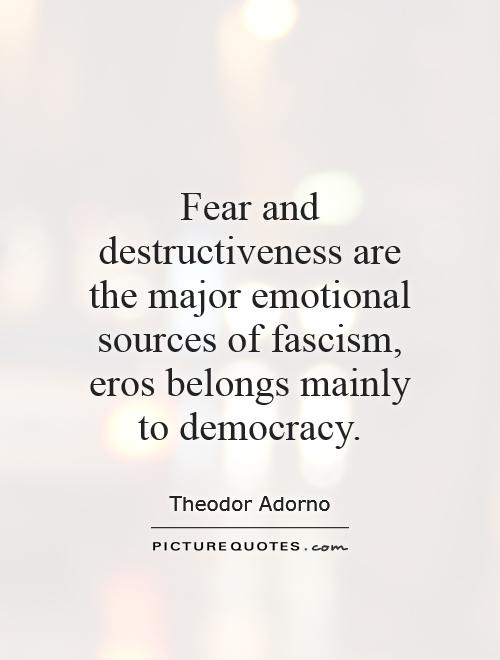
Fear and destructiveness are the major emotional sources of fascism, eros belongs mainly to democracy
The statement "fear and destructiveness are the major emotional sources of fascism, eros belongs mainly to democracy" is a powerful and thought-provoking assertion that delves into the emotional underpinnings of political ideologies. This idea was famously explored by Theodor Adorno, a German philosopher and sociologist who was a prominent member of the Frankfurt School.Adorno believed that fascism thrives on fear and destructiveness, as these emotions can be easily manipulated by authoritarian leaders to gain power and control over the masses. Fear of the other, fear of change, and fear of the unknown are all common themes in fascist ideologies, which often rely on creating a sense of crisis and urgency to justify extreme measures and restrictions on individual freedoms. Destructiveness, in this context, refers to the violent and aggressive tendencies that can emerge when fear is exploited and channeled towards destructive ends. Adorno argued that these emotions are deeply rooted in human psychology and can be easily exploited by demagogues who seek to consolidate power and suppress dissent.
On the other hand, Adorno believed that eros, or the life-affirming and creative impulse, is more closely associated with democracy. Eros represents the capacity for love, empathy, and connection with others, which are essential for building a healthy and inclusive society. In a democratic society, individuals are encouraged to express their desires and aspirations freely, without fear of reprisal or censorship. Eros fosters a sense of community and solidarity, as individuals come together to pursue common goals and values.
Adorno's analysis of fear and destructiveness in fascism and eros in democracy sheds light on the emotional dynamics that underpin political ideologies. By understanding the role of emotions in shaping our beliefs and behaviors, we can better navigate the complex terrain of modern politics and strive towards a more just and equitable society. Adorno's insights remain relevant today, as we grapple with the rise of authoritarianism and the erosion of democratic norms around the world.
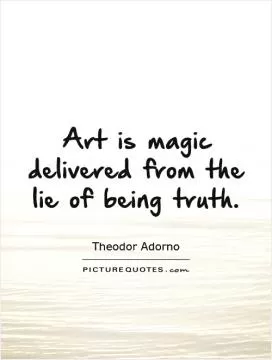


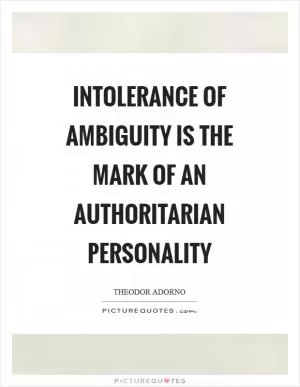

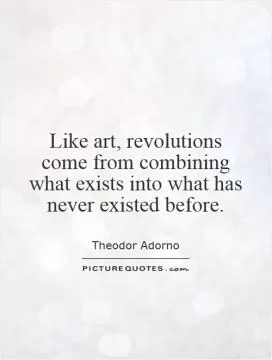


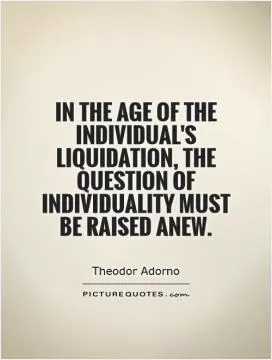
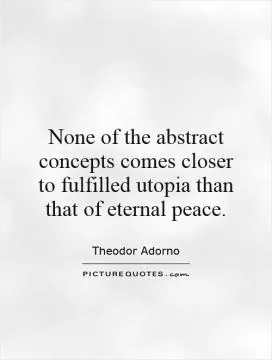


 Friendship Quotes
Friendship Quotes Love Quotes
Love Quotes Life Quotes
Life Quotes Funny Quotes
Funny Quotes Motivational Quotes
Motivational Quotes Inspirational Quotes
Inspirational Quotes